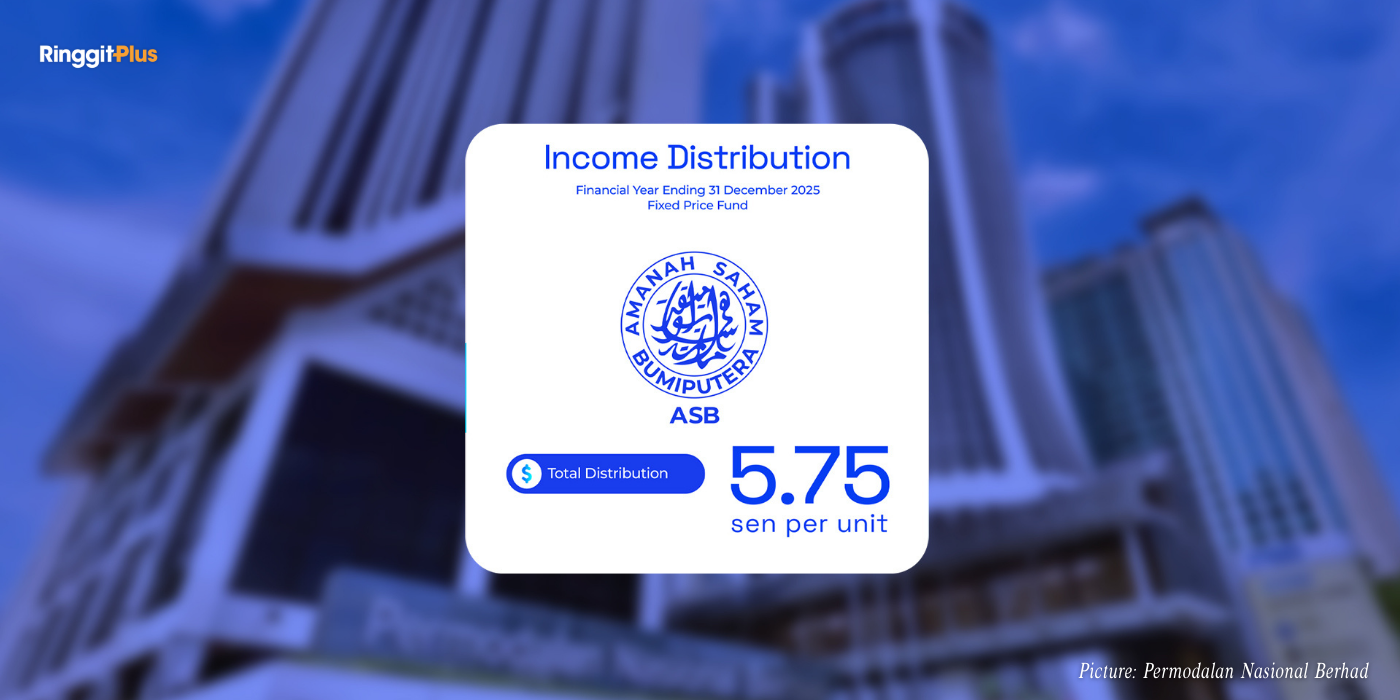Alex Cheong Pui Yin
30th April 2021 - 3 min read

(Image: Asia Insurance Review)
An estimated 20% of the M40 income group has fallen through into the B40 income group following the rounds of job losses and salary cuts that were brought about by Covid-19, said several economists.
According to these economists, only a strong economic recovery will be able to propel these individuals back to their original level of income and earnings. This is despite the various government initiatives currently provided to help ease their financial woes. Worse, there is no clear timeline as to when this recovery could happen.
An economist from Universiti Utara Malaysia (UUM), Dr K. Kuperan Viswanathan pointed out that at present, even individuals with tertiary education are facing difficulties in gaining employment. Even if they are hired, they often start with low salaries. He also noted that despite the World Bank’s optimistic forecast of a 6% economic growth for Malaysia’s economy this year, the target may be difficult to achieve given the escalating number of new Covid-19 infections daily.

(Image: Bernama)
“As long as people don’t travel and spend, the economy will take a lot more time to recover. Curtailing travel has a negative impact on the economy. People need to be encouraged to spend, given that consumption brings business opportunities, which will then create jobs,” he explained, referring to the movement control order (MCO) and its variants that have been imposed to curb the spread of the pandemic.
Kuperan further warned that there may not be an immediate economic recovery after the end of the pandemic. Instead, he believes the recovery will come in surges, with ups and downs. As such, he cautioned those in the lower M40 category to manage their finances better as most of them do not have enough savings to last beyond one to three months.
Aside from that, economist from Sunway University Business School, Dr Yeah Kim Leng believe that the people’s biggest challenge after the end of the pandemic is job search. “Things will be different, so people may need to learn new skills to meet the challenges of the time. Jobs are not going to be available immediately after the economy opens up again. Businesses will take time to re-employ and remove salary cuts, and this is certainly bad news for those who have dropped into the B40 category,” he said.

(Image: The Malaysian Reserve)
Yeah added that because of these uncertainties, many people are beginning to consider work in the informal sector, such as the gig economy. The public may also need to learn to carry out online businesses in a bid to improve their economic status – although there is a risk of the gig economy marketplace getting overcrowded with people selling similar products.
Meanwhile, senior lecturer from the Faculty of Economics and Administration of Universiti Malaya, Dr Mohammad Tawfik Yaakub commented that the government could help create jobs by providing more aggressive initiatives for entrepreneurs. At the same time, businesses must continue to explore new export markets.
The chief economist of Bank Islam, Dr Mohd Afzanizam Abdul Rashid also chimed in to note that specific sectors – such as tourism, aviation, and F&B – are expected to recover more slowly.
(Source: The Sun)









Comments (1)
Would that mean the B40 (Bottom 40%) is now technically B60 (Bottom 60%) given that more people are only able to earn that level of income?